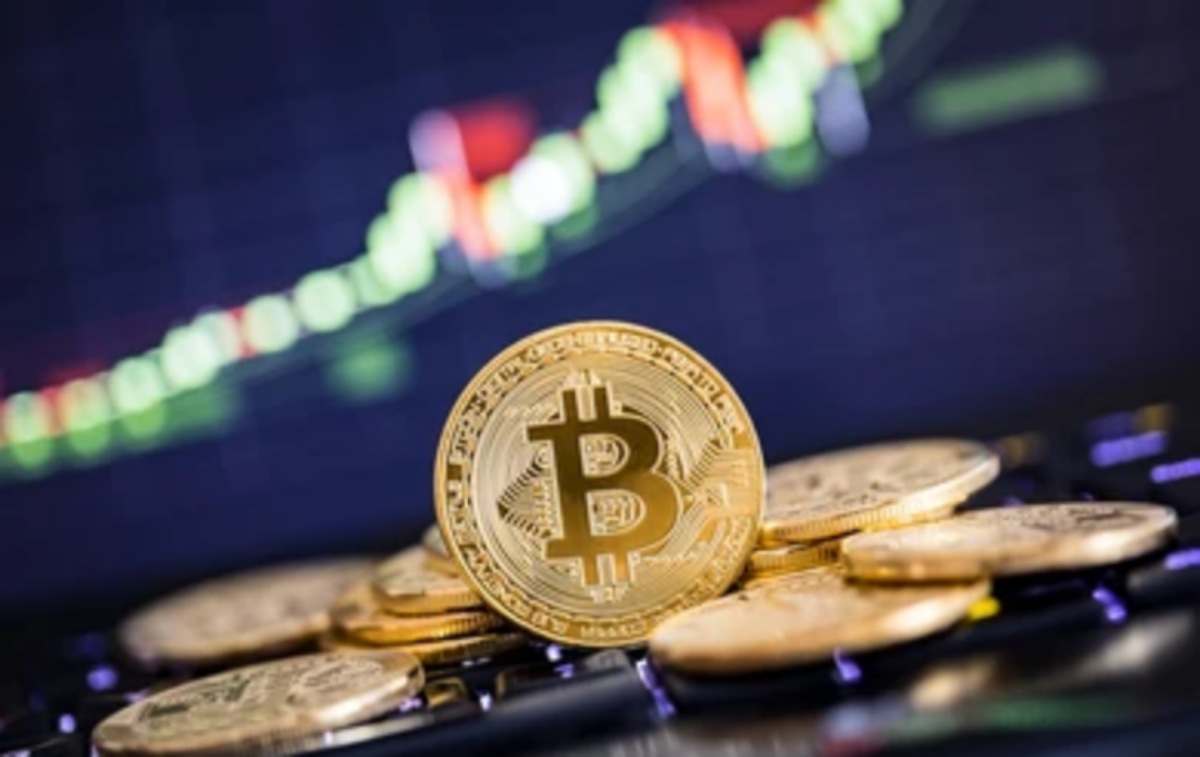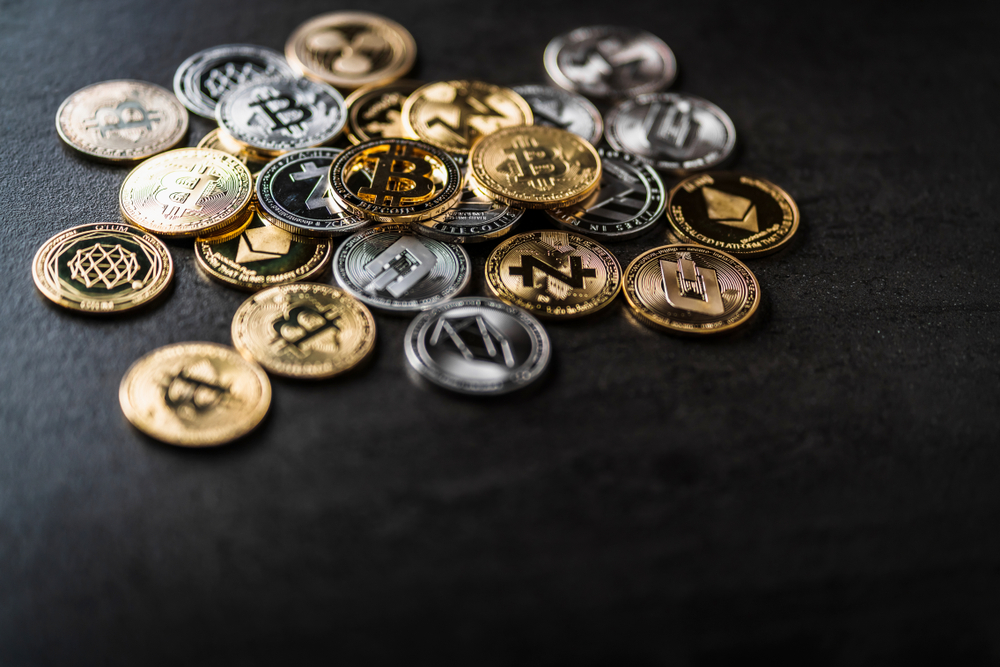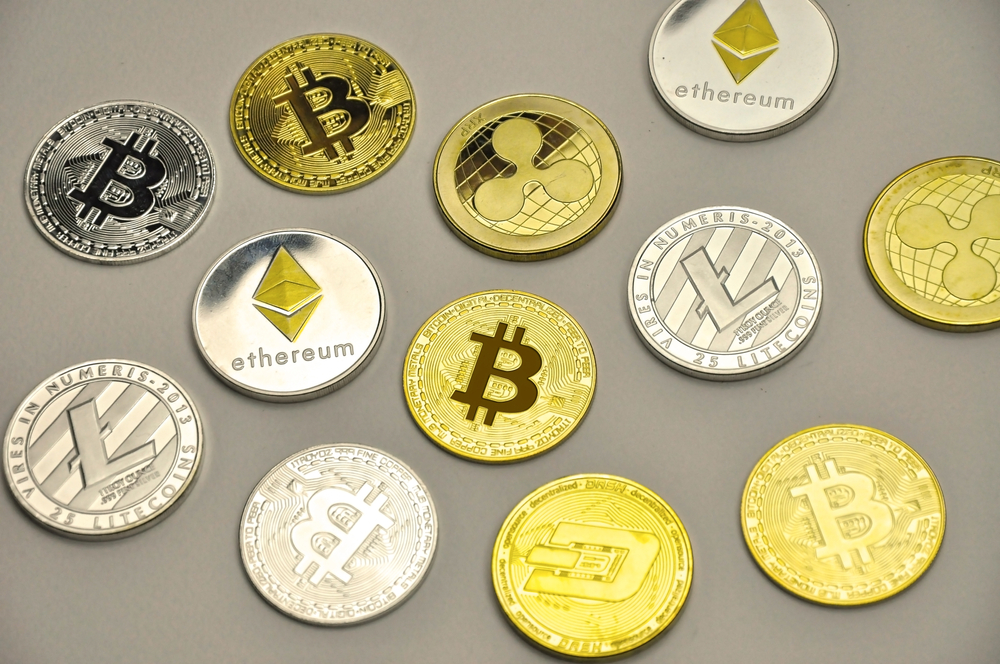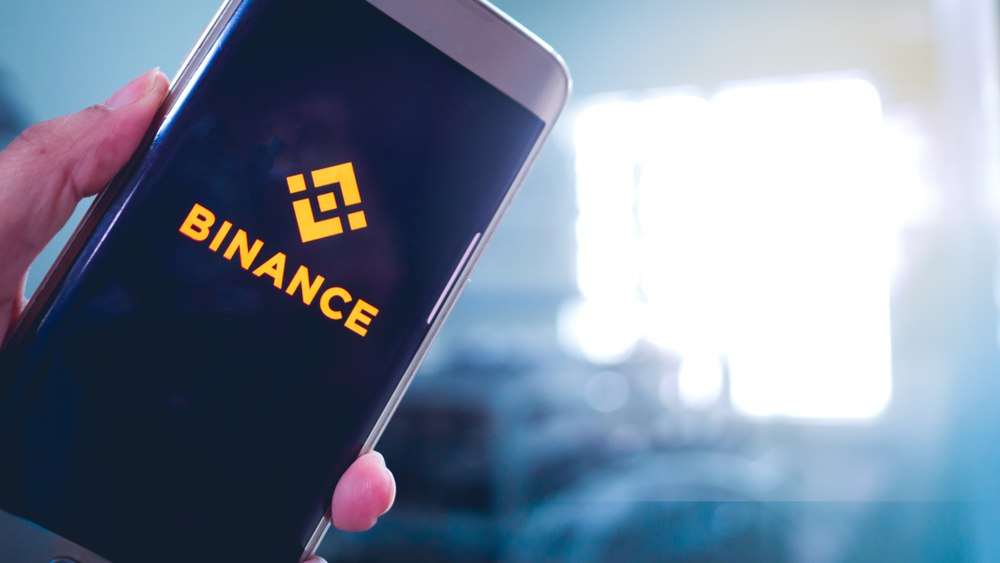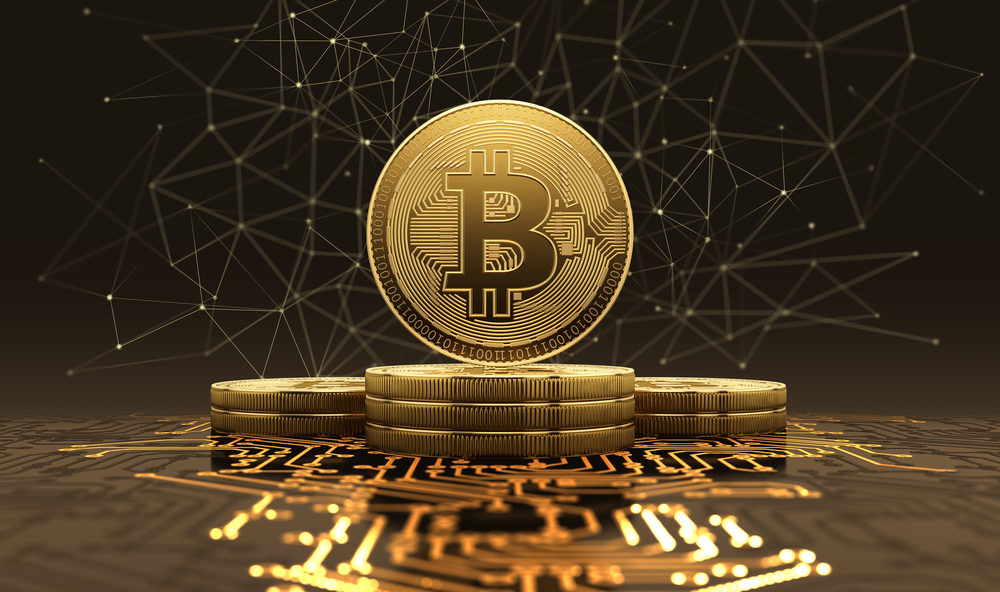It has been a really volatile few months for Bitcoin with Bitcoin surpassing the $40,000 a coin mark in the start of 2021. However, some of the biggest names in finance say that it could be several time that by the end of this year. Some predict that it can even go to $100,000, then $150,000, and then $200,000.
According to crypto-experts, unlike Bitcoin’s 2017 rally, which saw the price rise exponentially and then plummet, this time Bitcoins run higher will last.
However, amidst this increased popularity of the digital asset there looms a threat of a crackdown on the coin by the US government.
There is a threat of potential gold confiscation or some form of government intervention because. As concerns rise investment grades such as Ray Dalio and Michael Bury say that safe-haven assets cannot essentially avoid government intervention.
Assets like gold or Bitcoin that could be viewed as an alternative to the dollar could be at a possible risk of tax change. Or even worse there could be regulations that prevent a flight of capital to these assets.
Dr. Ron Paul, former congressmen and host to the Liberty Report shared his opinion on a potential crackdown by the government. According to Dr. Paul there is a possible threat because the government has the ability to intervene.
The former congressman added that that the government could either use the tax system to intervene or would just end up printing more money. The latter would result in the devaluation of the currency.
He was also of the opinion that all such changes will be brought for purposes of public relations. He added that the government would justify heavy taxes on the very wealthy by citing the ongoing civil conflict as the reason.
Government crackdown raises a lot of concerns for Bitcoin and other crypto investors. Does this mean that it is highly unlikely for Bitcoin to become the next transactional world currency? Is it more likely to end up just as a store of value like real estate, collectibles and gold?
However, there are some coins that have the potential of becoming true cryptocurrencies like XRP and Ethereum etc.
Cryptocurrencies have a future and it’s important to not get caught up in the ignorance and confirmation bias when risking the hard-earned dollars.
Unfortunately, some of cryptocurrencies’ biggest advantages can also be some of its biggest detriments like decentralization. While decentralization is usually a good thing and one of the main benefits of blockchain technology, sometimes intervention by central authority is more beneficial. For example during the pandemic center sessions central economic authorities like the federal reserve were able to lower interest rates. They even printed more money, sent out stimulus cheques and overall controlled monetary policy and financial regulation.
Now it’s slightly controversial whether or not these actions are good or bad for the crypto economy in the long term. One must ponder over whether it is better for the economy to be left alone and to self-regulate?







